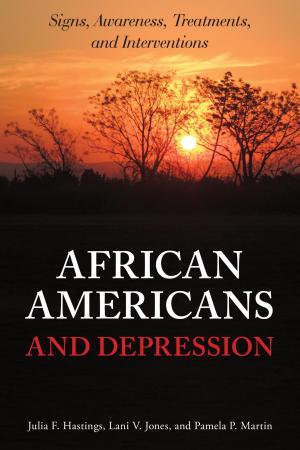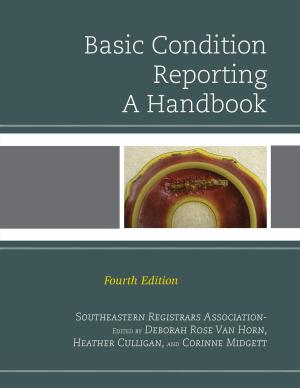The Power of Listening
Building Skills for Mission and Ministry
Nonfiction, Religion & Spirituality, Christianity, Church, Clergy, Pastoral Ministry| Author: | Lynne M. Baab | ISBN: | 9781566997126 |
| Publisher: | Rowman & Littlefield Publishers | Publication: | May 21, 2014 |
| Imprint: | Rowman & Littlefield Publishers | Language: | English |
| Author: | Lynne M. Baab |
| ISBN: | 9781566997126 |
| Publisher: | Rowman & Littlefield Publishers |
| Publication: | May 21, 2014 |
| Imprint: | Rowman & Littlefield Publishers |
| Language: | English |
Listening skills, and the perspective gained through careful listening, are more important in congregations than ever. Many factors make attentive listening a significant contributor to healthy congregations. As we enter into a post-Christendom culture, the people coming into congregations, as well as the people in the wider community, are less likely to be operating from a shared set of assumptions. With world-wide migration reshaping our communities and congregations, diverse perspectives coming from varied cultural backgrounds are also more common. The breakdown of many support structures in society has created profound pastoral care needs, making listening increasingly significant for both ministers and lay leaders. Polarization over so many issues and the increasing emphasis on story-telling in the journey of faith are two additional reasons why listening matters today. Careful and loving listening nurtures care, connection and depth, which contribute to congregational life and health.
Listening to God is another aspect of listening which is gaining increased attention today. Many congregational leaders have become weary of church as a business and are looking for authentic experiences of God’s guidance. Congregations are increasingly engaging in communal discernment. Many listening skills used in human interactions are also building blocks for listening to God.
Listening skills, and the perspective gained through careful listening, are more important in congregations than ever. Many factors make attentive listening a significant contributor to healthy congregations. As we enter into a post-Christendom culture, the people coming into congregations, as well as the people in the wider community, are less likely to be operating from a shared set of assumptions. With world-wide migration reshaping our communities and congregations, diverse perspectives coming from varied cultural backgrounds are also more common. The breakdown of many support structures in society has created profound pastoral care needs, making listening increasingly significant for both ministers and lay leaders. Polarization over so many issues and the increasing emphasis on story-telling in the journey of faith are two additional reasons why listening matters today. Careful and loving listening nurtures care, connection and depth, which contribute to congregational life and health.
Listening to God is another aspect of listening which is gaining increased attention today. Many congregational leaders have become weary of church as a business and are looking for authentic experiences of God’s guidance. Congregations are increasingly engaging in communal discernment. Many listening skills used in human interactions are also building blocks for listening to God.















